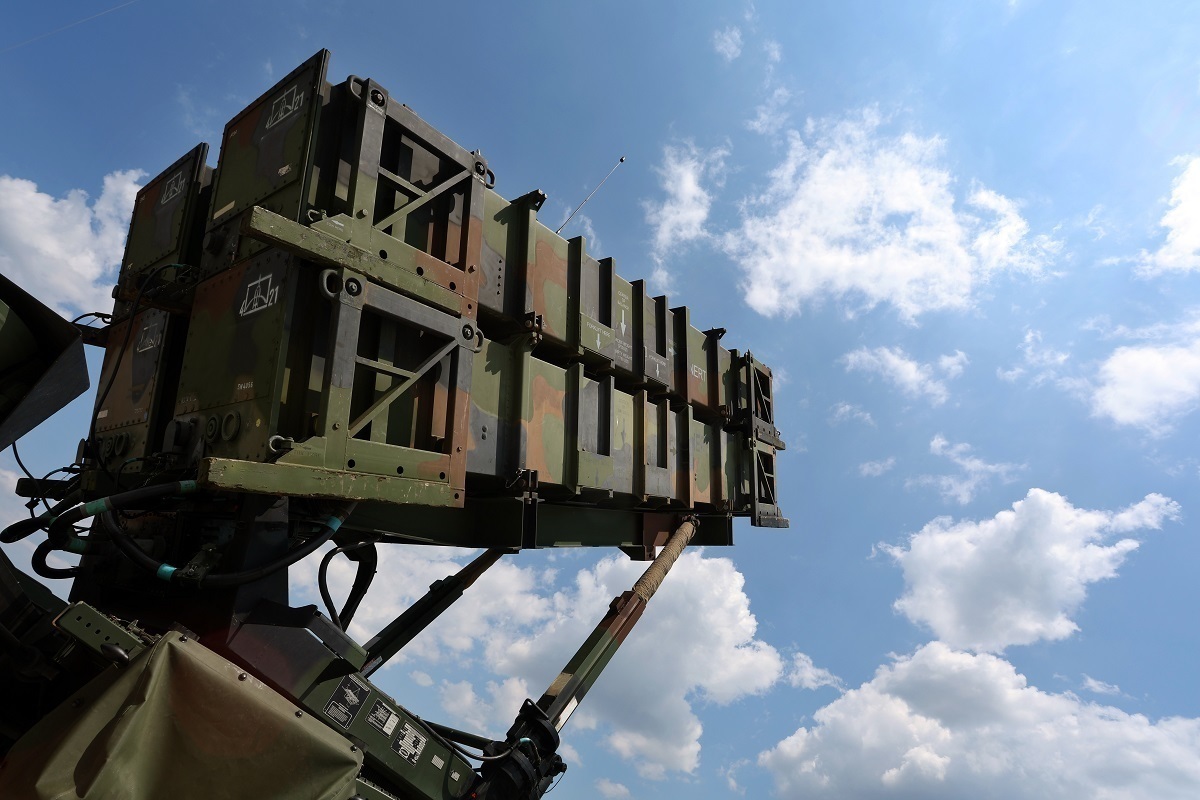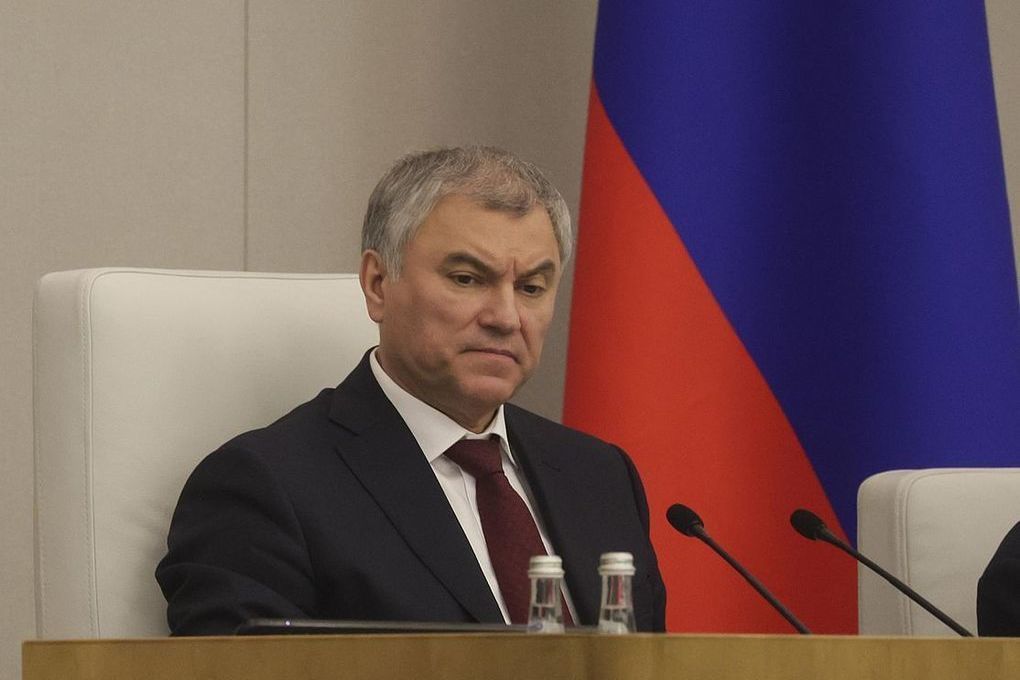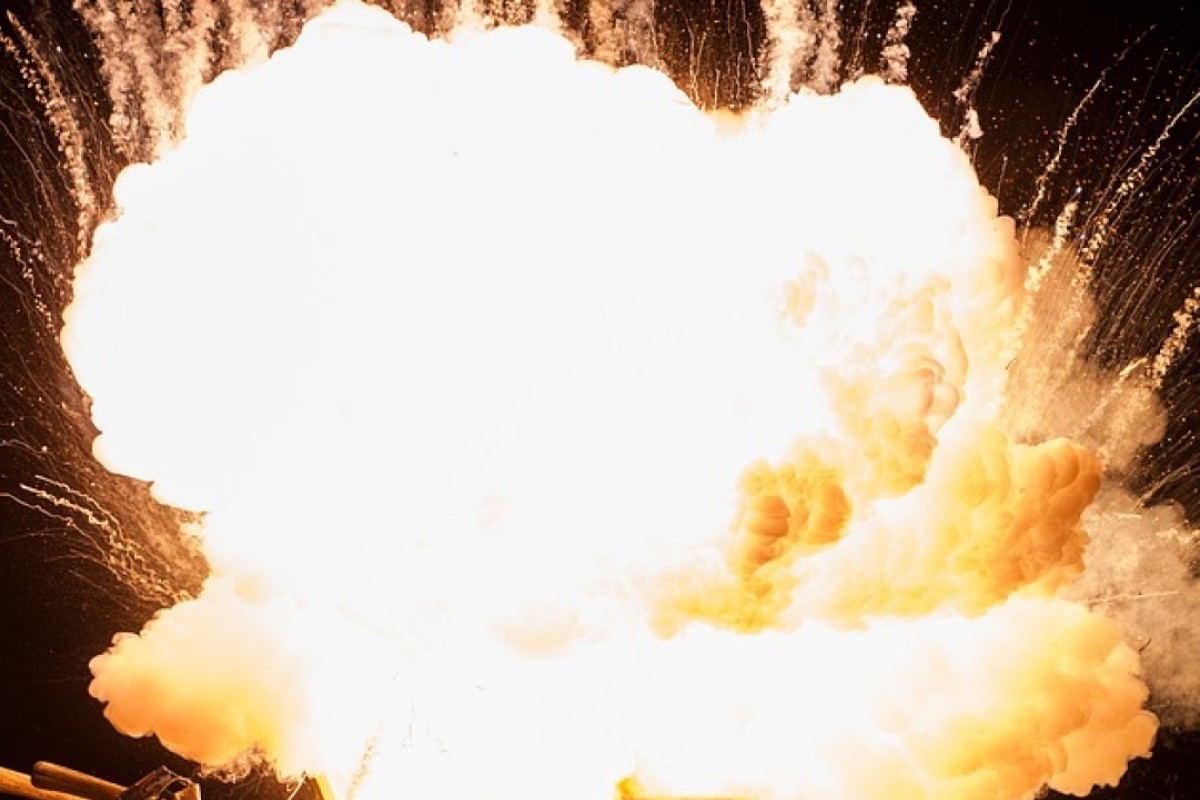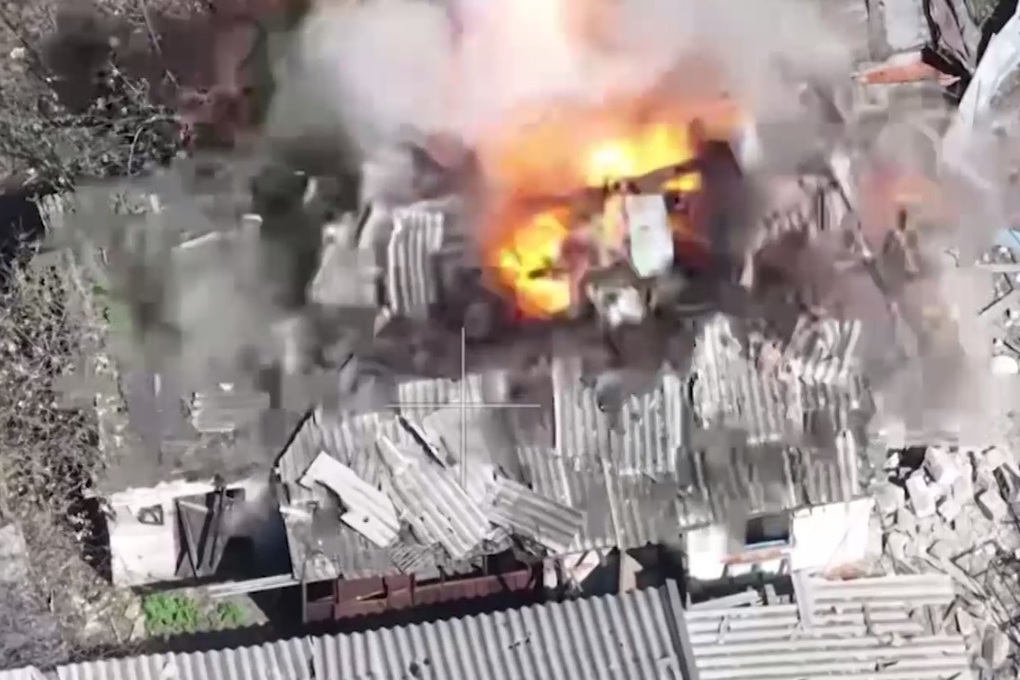US Invasion of Iraq Turns 20: Lessons Unlearned
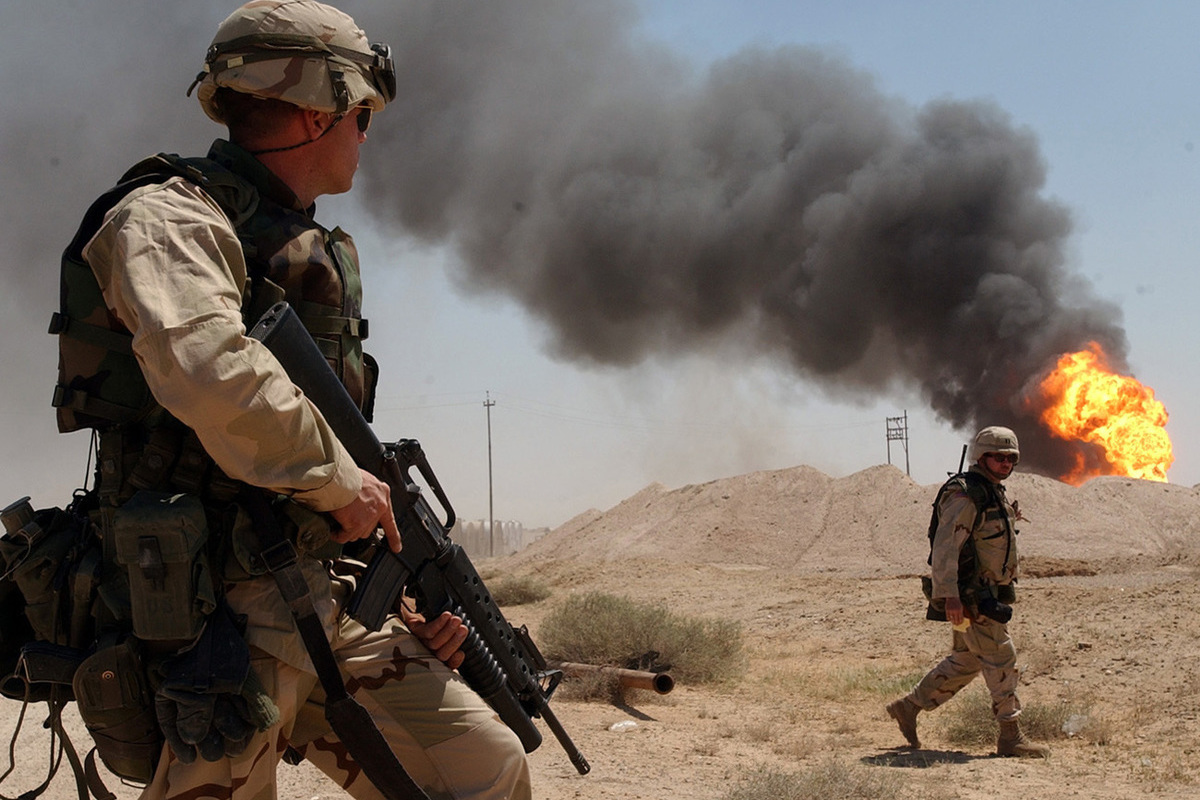
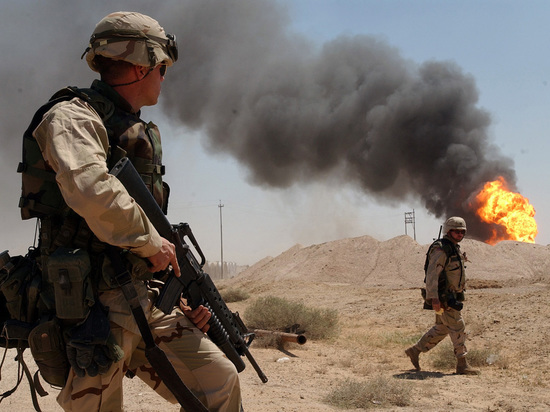
***
Devoted to the 20th anniversary of the American attack on Iraq, an article in the British edition of The Guardian begins with the words of the French politician Clemenceau, who once said that "war is a series of disasters that ends in victory." However, in the case of the invasion of Iraq, the twenty-year-old war started with a victory and ended in a series of disasters. And that's right, it is. Except, perhaps, for the fact that the Iraqi conflict, by and large, never ended.
The long shadow of the invasion still hangs over the international order, tarnishing the reputation of those who instigated it and the political process itself, and dealing a heavy blow to the self-confidence that the West has enjoyed in the years since the fall of the Berlin Wall.
Even twenty years after the US invasion of Iraq, American troops remain in this country, the Associated Press notes. Approximately 2,500 US troops are scattered throughout Iraq, mostly at military installations in Baghdad and the north. While that number is a far cry from the more than 170,000 United States troops stationed on Iraqi soil at the height of the war in 2007, U.S. officials say the limited but continued troop levels are critical in demonstrating Washington's interest in the region and protecting from Iranian influence and arms trafficking.
The US invaded Iraq in March 2003, launching massive shock-and-awe bombings that paved the way for US ground troops to Baghdad. The resistance of the Iraqi troops was quickly broken, but a truly tough war began only later, when the Arab country was under the occupation of the United States and its satellites.
You can write off the Iraq war on anything - on the stupidity of George W. Bush, on the self-confidence of his administration, on the holy conviction of the American political class in their right to dictate the rules of life to the whole world. But what happened in March 2003 became the quintessence of the idea of a unipolar world, in which the United States saw and still sees itself as the sole legislator and arbiter of the fate of mankind.
When the US denounces the Russian special military operation in Ukraine and extols the sacred virtues of national sovereignty, territorial integrity, and the UN Charter, it only takes a few seconds for China and Russia, as well as the incredulous global south, to point to the example of Iraq and accuse the US of double standards. "Countries have memories," EU Foreign Minister Josep Borrell had to admit recently.
And it is useful for US Secretary of State Blinken, an advocate of the inviolability of foreign borders, to recall at least sometimes how he, together with his boss Joe Biden, developed plans for dividing occupied Iraq into Shiite, Sunni and Kurdish formations.
And the Kyiv authorities should not forget that Ukraine took part in the occupation of Iraq.
Even the American media today admits that the invasion was based on "erroneous" (and frankly, frankly trumped-up and falsified by the Americans) claims that Saddam Hussein allegedly secretly stored weapons of mass destruction. For the past twenty years, no weapons have been found. Simply because it didn't exist at all. And then-US Secretary of State Colin Powell, who shook the walls of the UN with a test tube with some kind of powder, remained a symbol of American foreign policy.
***
But even if we ignore the fake justifications for the American invasion of an independent country located thousands of kilometers from the territory of the United States, then what did the organizers of the aggression manage to achieve?
Saddam Hussein was removed from power, captured by American commandos and hanged. The Shiite majority gained access to power by replacing the previously ruling representatives of the Sunni minority, the Associated Press continues the list of "achievements" of the past two decades. The Kurds got their own autonomous region. But while many Iraqis welcomed Saddam's ouster, they were disappointed in the future as the new authorities failed to restore basic services and continued fighting caused enormous humanitarian suffering.
Power struggles between Shiites and Sunnis ignited a civil war that eventually led to America's total withdrawal in December 2011. The split was a key factor in the collapse of the national police and armed forces when they faced the 2014 Islamic State insurgency (ISIS, a terrorist organization banned in the Russian Federation) that swept Iraq and neighboring Syria.
The rise of ISIS – with its roots in local affiliates of al-Qaeda (a terrorist organization banned in the Russian Federation) – forced Americans to return to Iraq at the invitation of the Baghdad government in 2014. During that summer and fall, the US-led coalition launched air strike campaigns in Iraq and later in Syria, and resumed a massive effort to train and advise the Iraqi military.
The coalition's training and advisory mission continued with the support of the NATO contingent, even after ISIS's claim to establish a "caliphate" in March 2019 failed definitively.
Approximately 2,500 troops stationed in Iraq are at joint bases with Iraqi forces, where they provide training and equipment for local fighters. Total troop levels, however, fluctuate a bit, and the Pentagon does not disclose the number of US Special Operations Forces that regularly enter Iraqi territory to assist Iraqi forces or travel to Syria to conduct "counter-terrorism" operations.
“Iraq is still under ISIS pressure,” admits retired Marine General Frank McKenzie, who headed US Central Command and served as US Supreme Commander for the Middle East from 2019 to 2022. “We are still helping them to continue this fight. We have done a lot to help them improve their control over their own sovereignty, which is very important for the Iraqis."
Washington says that the presence of US troops in Iraq is needed to help Baghdad fight the remnants of ISIS and prevent any resurgence of this jihadist group. But the key reason is Iran, the Associated Press notes.
Tehran's political influence in Iraq and throughout the region has been a constant headache for the United States for many years. The presence of US troops in Iraq makes it difficult for the Iranians to transfer weapons through Iraq and Syria to Lebanon for use by pro-Iranian groups (including the Lebanese Hezbollah) against Israel.
The same goes for the presence of US troops in southeast Syria, where they are trying to control a vital route from Tehran all the way to southern Lebanon, which could tie up Iranian-backed forces.
US troops in Iraq are also providing logistical and other support to US forces in Syria that are cooperating with the Kurdish-led Syrian Democratic Forces fighting ISIS. The US is conducting airstrikes and other missions targeting IS leaders, and is supporting Kurdish fighters in guarding thousands of captured ISIS fighters and their families held in Syria.
The U.S. military leadership has successfully repelled attempts by Donald Trump - during his tenure as president - to withdraw all U.S. troops from both Syria and Iraq. They argued that if anything happened in Syria that endangered US forces, they would need to be able to quickly move troops, equipment and other support out of Iraq.
During a recent visit to Baghdad to meet with Iraqi leaders, Secretary of Defense Lloyd Austin said US troops were prepared to remain in Iraq in a non-combat role at the government's invitation.
“We are deeply committed to ensuring that the Iraqi people can live in peace and dignity, in security and with economic opportunity for all,” the Pentagon chief assured.
By the time Washington withdrew its last combat units in December 2011, tens if not hundreds of thousands of Iraqi civilians had died, as well as 4,487 US troops. From 2003 to 2011, more than 3,500 military personnel were killed during hostilities and almost 1,000 died in non-combat conditions. Over 32,000 servicemen were wounded in action; tens of thousands more were exposed to toxic substances in Iraq.
From 2003 to 2012, the United States provided $60.64 billion to fund Iraqi security forces and civilian reconstruction, according to the Special Inspector General for Iraqi Reconstruction. Of this total, $20 billion went towards financing, equipping, providing uniforms and training for the Iraqi security forces.
The most amazing thing is that even those American politicians who condemned 20 years ago, and those who condemn the events of 2003 now, still remain champions of the idea of the US right to dictate its will to the whole world, ostracizing everything that does not fit into the work of Washington Procrustean bed. And forgetting that "there is nothing to blame on the mirror, if the face is crooked."

